
英语中一个简单句只能出现一个谓语动词,因为谓语必须由动词担任,但动词不一定作谓语,不少同学因受汉语习惯影响将非谓语动词作谓语使用,造成双谓语错误句型。常见双谓语错误句型误用句型如下:
一、误用定语性动作作谓语
例 站在那儿的学生来自北京。
(误) The student stood there came from Beijing.
(正)The student standing there came from Beijing.
(正)The student who stood there came from Beijing.
二、误用宾语性动作作谓语
不少同学不能根据谓语成分成立条件,误用谓语动词表达宾语性动作,造成双谓语错误句型。
例 她说她将明确拒绝给予他帮助。
(误)She said she would refuse clearly help him.
(正)She said she would refuse clearly to help him.
析:“帮助他” 属宾语性动作,不能作谓语动词help him表达,应用不定式to help him表达。
三、误用表语性动作作谓语
例 我的人生目标是在一切领域取得成绩。
(误)My life aim is make achievements in everything.
(正)My life aim is to make / making achievements in everything.
析:“在一切领域取得成绩”属表语性动作,不能用谓语动词make achievements in everything表达,应用动词不定式to make achievements in everything或动名词making achievements in everything表达。
四、误用状语性动作作谓语
例 他手里拿着一本书走进教室。
(误)He came into the room, held a book in his hand.
(正)He came into the room, holding a book in his hand.
析:“手里拿着一本书”属伴随状语,因此不能用谓语动词held表达,应用现在分词holding表达。
五、“有……人做某事”句型的误用
表“有……人做某事”时,不少学生没有考虑到“做某事”已为谓语动词,又使用there be句型,造成双谓语错误句型。
例 今天有二十个学生迟到。
(误)There are twenty students are late today.
(正)Twenty students are late today.
(正)There are twenty students who are late today.
析:“有”与“迟到”均属动词,不能同时使用。








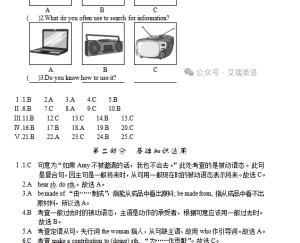
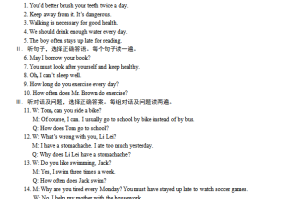


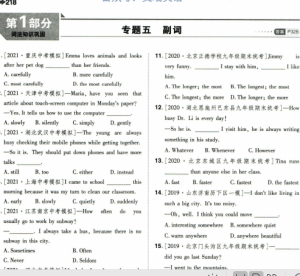
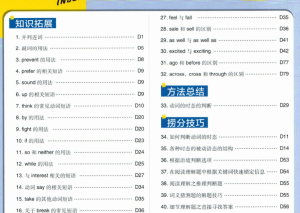
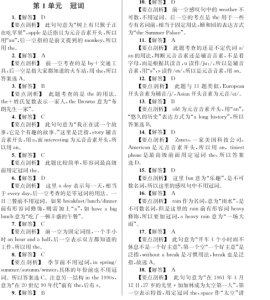
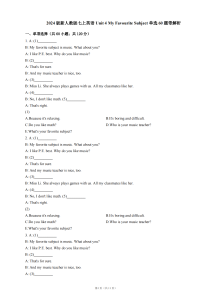


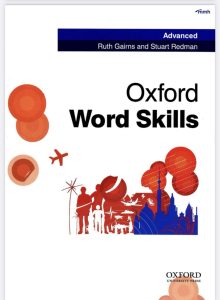
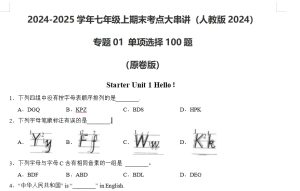
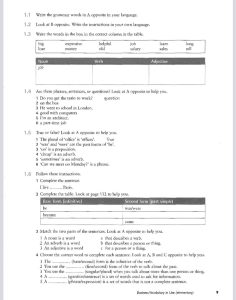


暂无评论内容